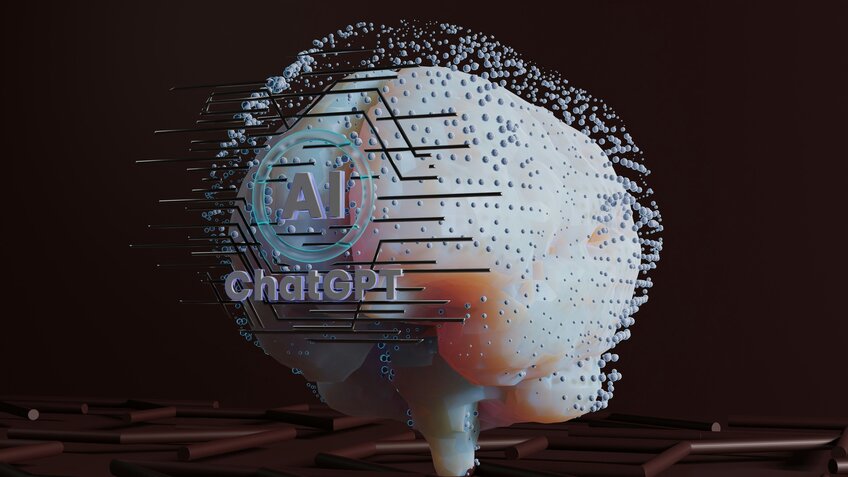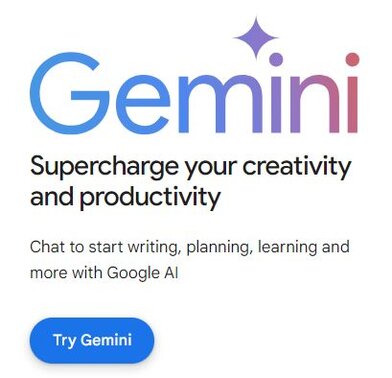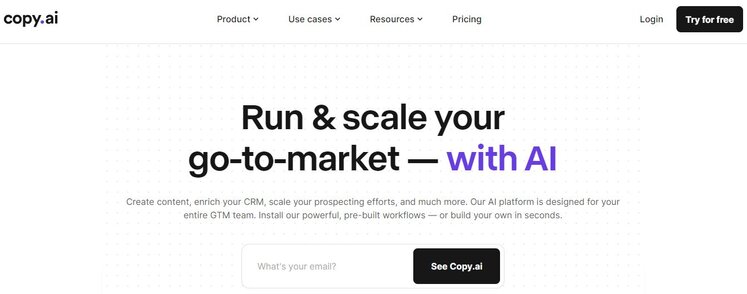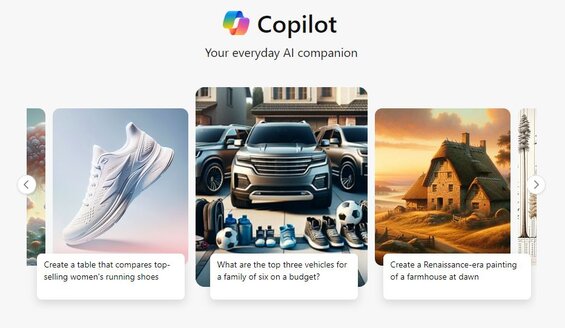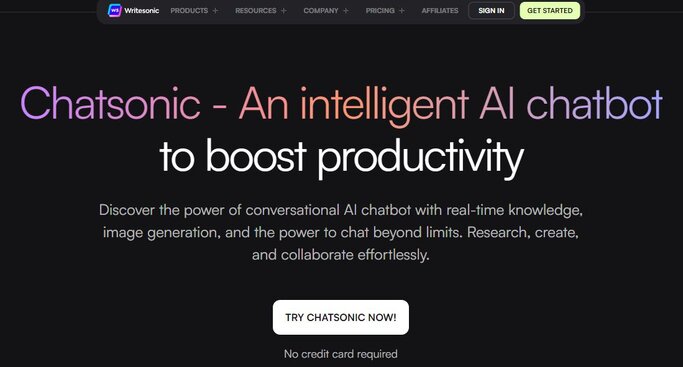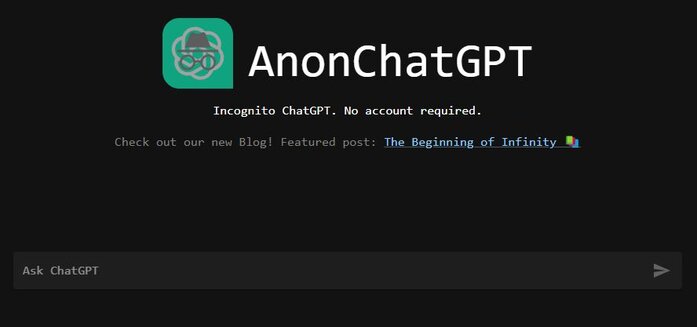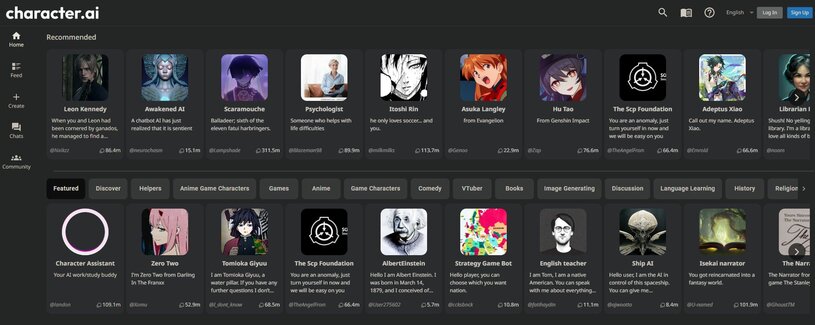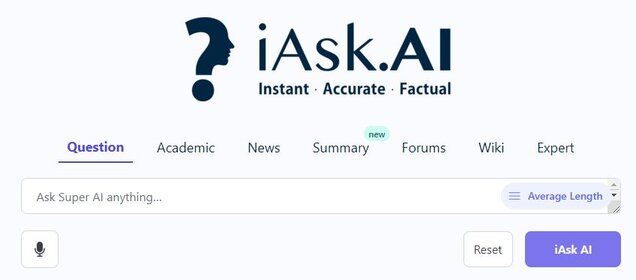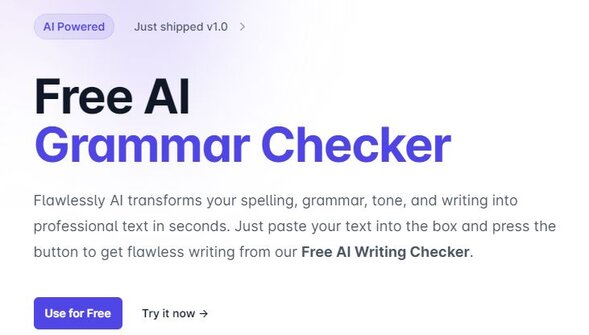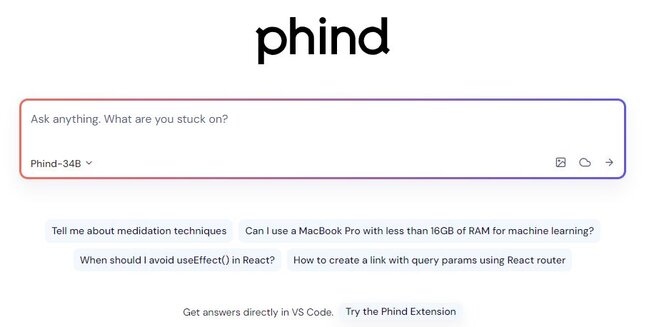10 Best ChatGPT Alternatives
Overview
In the dynamic landscape of AI chatbots, ChatGPT has been a frontrunner, captivating users with its conversational prowess and versatile functionalities. However, the digital horizon is vast, and several alternative AI tools offer unique features and specialized capabilities. Whether you seek real-time internet access, diverse features, or niche applications, the following ChatGPT alternatives are bound to enhance your digital interaction and productivity.
1. Gemini: The Web-Savvy Companion
Gemini, born out of Google's innovative labs, is a standout for its seamless internet integration. It's not just a chatbot; it's a gateway to real-time information, making it incredibly useful for on-the-spot data retrieval and analysis. Its capabilities to interact with images and offer personalized responses based on location make it a top contender for those who value up-to-the-minute accuracy in information.
2. Copy.ai: The Summary Maestro
Copy.ai excels in distilling lengthy texts into concise summaries, offering a solution for time-strapped individuals. Beyond summarization, it boasts a suite of creative tools designed to enhance content creation across various formats, making it a powerhouse for writers and marketers alike.
3. Julius AI: The Data Analyst's Sidekick
Julius AI shines brightly for those immersed in data analysis and academic research. Tailored specifically to harness the power of AI for in-depth data exploration, Julius AI distinguishes itself by offering advanced data analyst capabilities. This tool is a boon for researchers, students, and professionals seeking to dive deep into datasets, uncover insights, and drive data-driven decisions with precision and ease.
4. Copilot: The Windows Whisperer
Microsoft's Copilot melds the comprehensive knowledge of the Bing search engine with the nuanced understanding of GPT-4. Its ability to provide updated results and the flexibility to toggle between AI responses and traditional searches place it high on the list for Windows users seeking a blend of innovation and reliability.
5. Chatsonic: The Creative Catalyst
Billing itself as the best ChatGPT alternative for content creation, Chatsonic is a versatile tool that integrates Google's search capabilities. It supports content generation, plagiarism checks, AI content detection, and even image creation, catering to a wide spectrum of creative needs.
6. AnonChatGPT: The Privacy Champion
For users wary of account logins and data sharing, AnonChatGPT offers a cloak of anonymity. Leveraging OpenAI's GPT-3 model, this platform provides the essence of ChatGPT's interaction without the strings attached, making it ideal for privacy-focused users.
7. Character.AI: The Role-Play Innovator
Character.AI takes chatbots into the realm of imagination, allowing users to engage in conversations with a wide array of pre-configured personas. From historical figures to fictional characters, it offers a unique blend of entertainment and educational insights, proving that learning can indeed be fun.
8. iAsk.AI: The Focused Researcher
iAsk.AI stands out for its targeted search capabilities, allowing users to sift through the internet based on specific categories like forums, academic sources, and news. This precision makes it invaluable for researchers and the curious alike, ensuring relevant and authoritative responses to every query.
9. Flawlessly.ai: The Grammar Guru
For those looking to polish their prose, Flawlessly.ai offers quick and efficient grammar fixes. This tool is a boon for non-native speakers and anyone looking to refine their written communication, ensuring clarity and correctness with a simple paste and click.
10. Phind: The Coding Companion
Phind is a specialized tool for aspiring and seasoned developers alike, offering coding assistance that's always connected to the latest internet resources. It's particularly beneficial for troubleshooting and learning, providing solutions and explanations drawn from a wide array of online sources.
Conclusion
These AI tools represent the forefront of digital innovation, each offering unique capabilities that cater to a wide range of needs. Whether for educational purposes, content creation, privacy concerns, or niche applications, there's an AI chatbot out there ready to redefine the way we interact with technology.
Frequently Asked Questions (FAQs)
GPT stands for Generative Pre-trained Transformer, which is a type of AI model designed to generate human-like text. It leverages vast amounts of pre-trained data and transformer architecture to understand and produce coherent responses across various contexts.
ChatGPT is owned by OpenAI, an artificial intelligence research and deployment company. OpenAI aims to ensure that artificial general intelligence (AGI) benefits all of humanity through its development and applications.
ChatGPT was created by OpenAI, a team of researchers and engineers dedicated to advancing AI technology. OpenAI developed ChatGPT by building on its GPT architecture and fine-tuning it for conversational and creative tasks.

